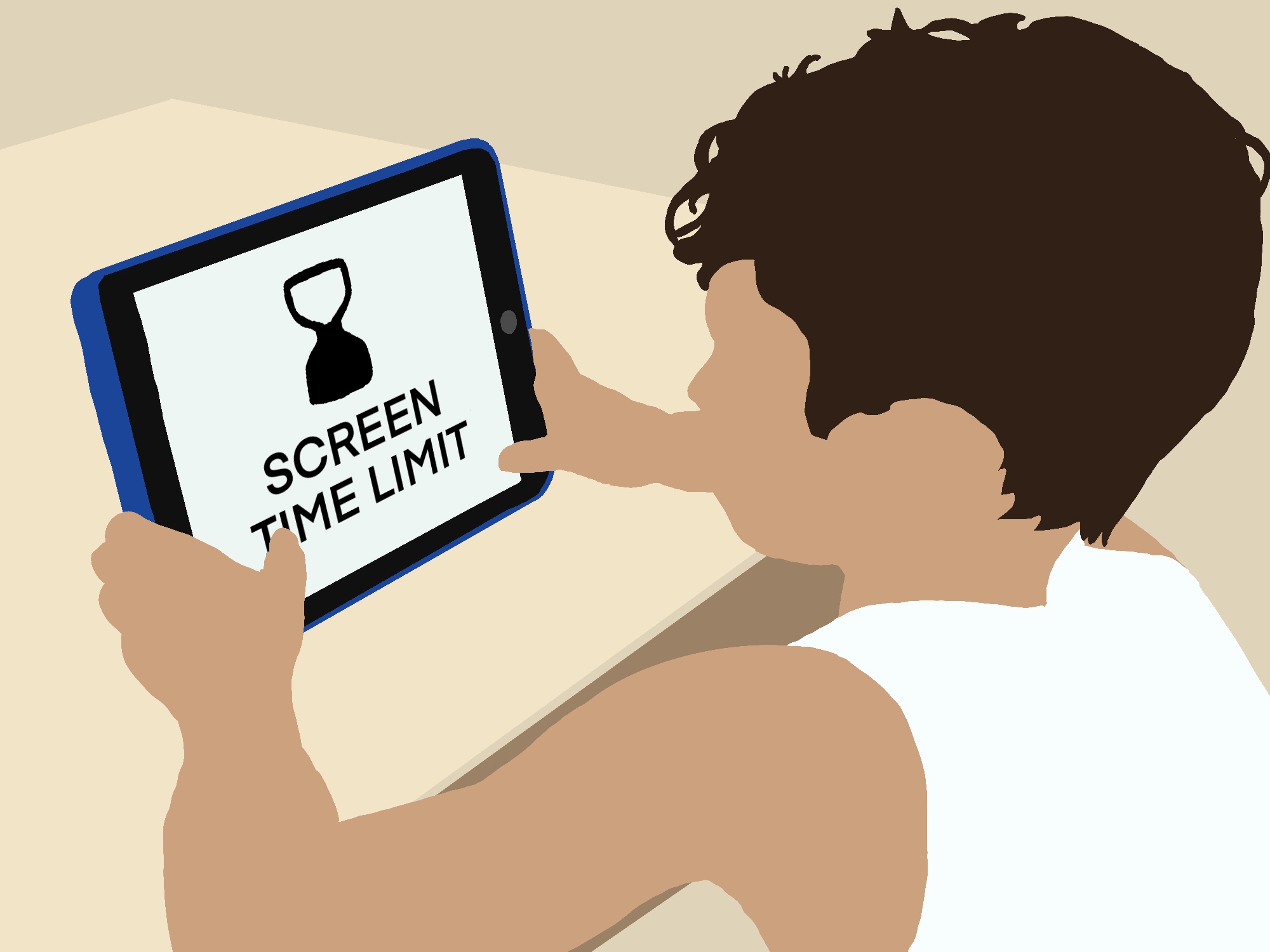I know plenty of toddlers — a consequence of my work with BU’s Jumpstart program — who do not know the alphabet or how to spell their names, but are acutely adept at navigating an iPad.
It’s hard to get a toddler’s undivided attention, and believe me, I have tried many methods, including but not limited to, food, games, music, stickers and bribes of that sort. But with screens and devices, they are moths to a flame.

The children I work with — being between two and three years old — are already not just exposed to, but well acquainted with internet-connected devices and the wonders of TV and YouTube.
According to the People’s Education Society Institute of Medical Sciences and Research, the age at which children are first exposed to any form of media has seen a dramatic shift — from four years old in 1970 down to just four months as of 2023.
Media is almost inescapable in the present day, so this shift is not without rhyme or reason.
Many proponents of early exposure to devices and media argue that the internet can be used as an assistive learning tool, for example electronic books, learning games and monoliths of the parenting community such as Miss Rachel and her educational videos geared towards a baby/toddler demographic.
To an extent, this can be true.
The Children’s Hospital of Orange County admits that not all screen time has the same effect, and a tablet with learning functions can have the potential to assist development, much more than a passive activity like watching television can.
However, devices are not a replacement for real parenting. The Children’s Hospital of Orange County adds that the benefit of screen time can only be seen with the added component of parental supervision and assistance.
Unsupervised exposure to devices or extended exposure to media early in life can have detrimental developmental effects beyond the scope of what we understand.
Exposure to “background television” for infants and toddlers can mean a significant decrease in language development, executive functioning and cognitive development.
The presence of background television often means less direct interaction with adults in the household, and often means that parents are speaking less amongst each other around the child.
Parents need to stop using screens as an excuse to not interact with their children. In restaurants and public places, we frequently see adults using screens to stop meltdowns and keep their children quiet.
While it may be effective at the moment, this passive style of parenting is doing the children of the next generation an injustice. They are missing out on key interactions and parental engagement because of the ease of shoving a screen in their faces.
Not only does this impact their learning development, but it is detrimental to their social-emotional intelligence.
The People’s Education Society Institute links television exposure before the age of two to “emotional reactivity, aggression, and externalizing behaviors.” By letting our children be exposed to screens at such an early age, we are leaving them without the tools to succeed as competent and emotionally mature people in society.
As Generation Alpha ages, we will continue to witness and understand the true effects of exposure to extensive media at such a crucial period of development.
For parents everywhere, medical professionals and researchers urge you to ignore the ease of distracting your children through screens and engage with them in meaningful ways that will set them up for success.












